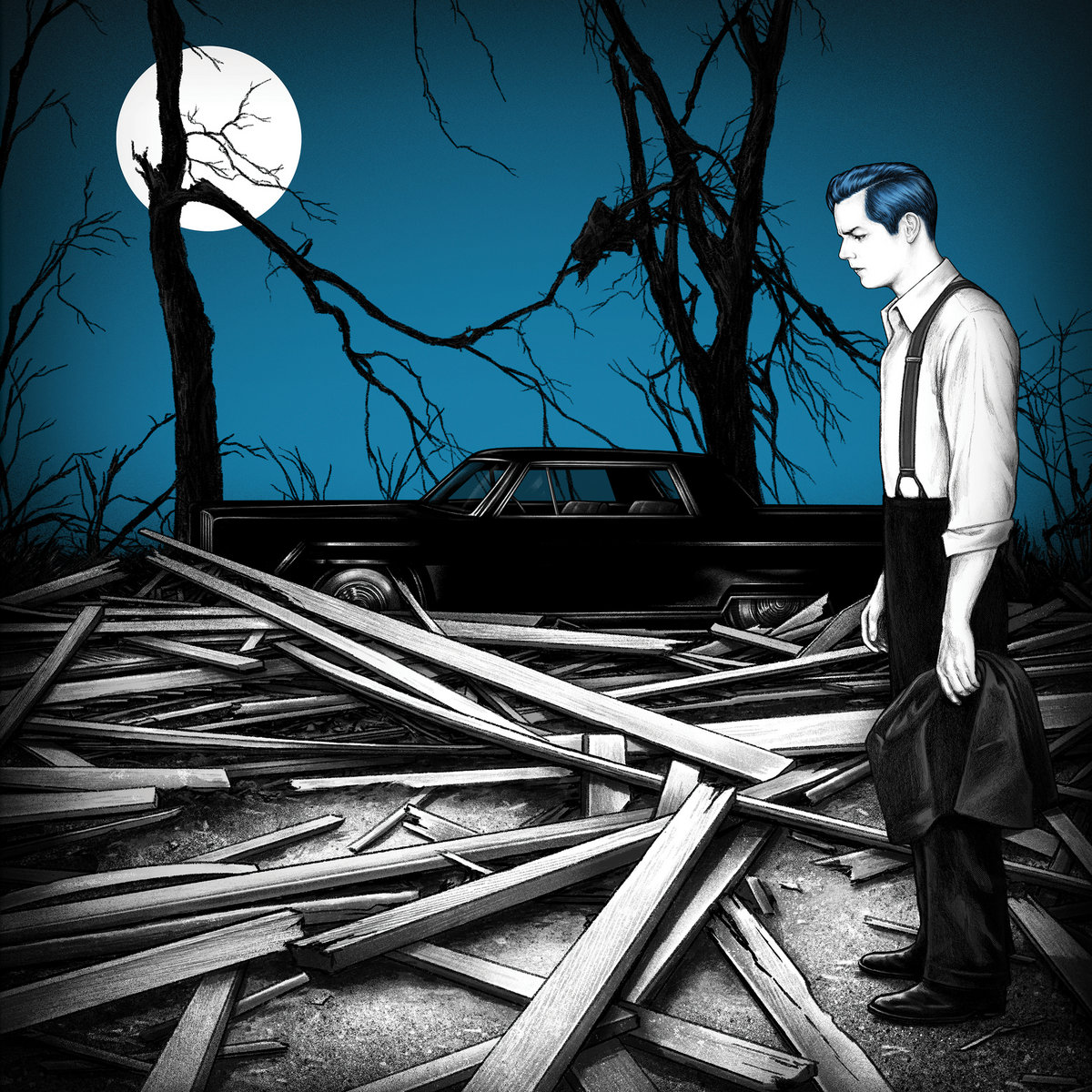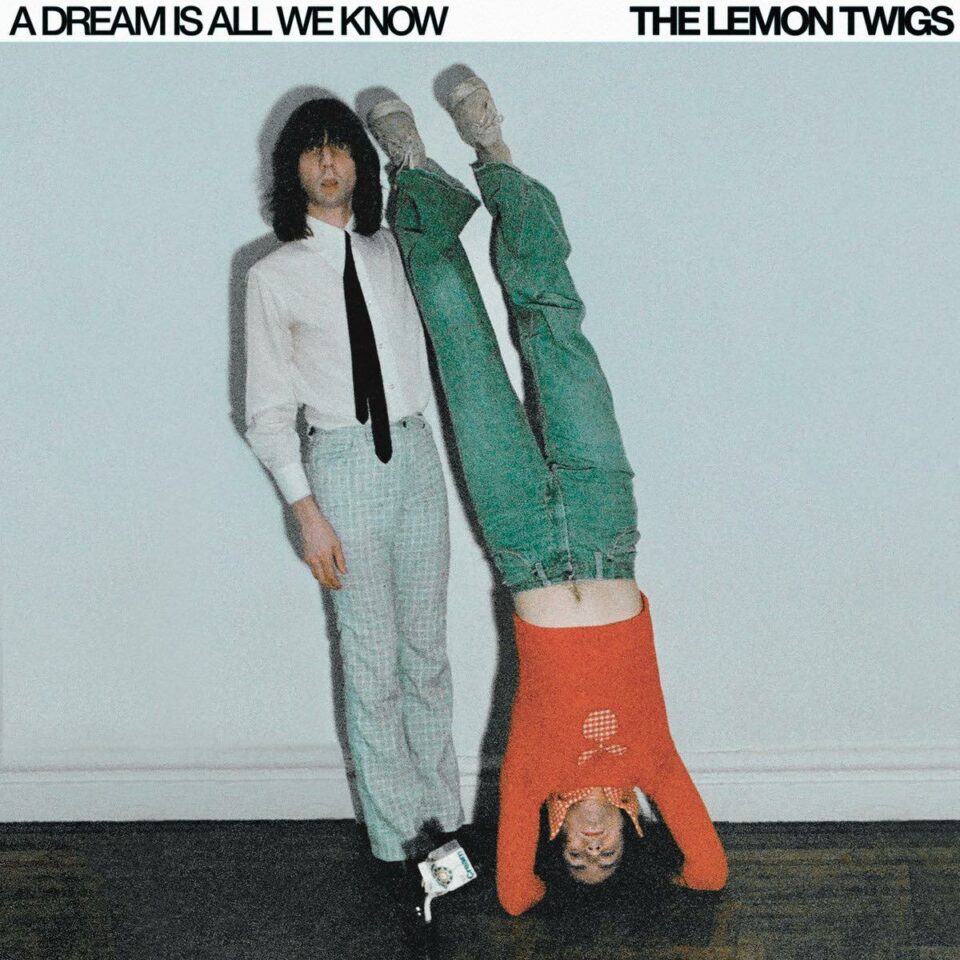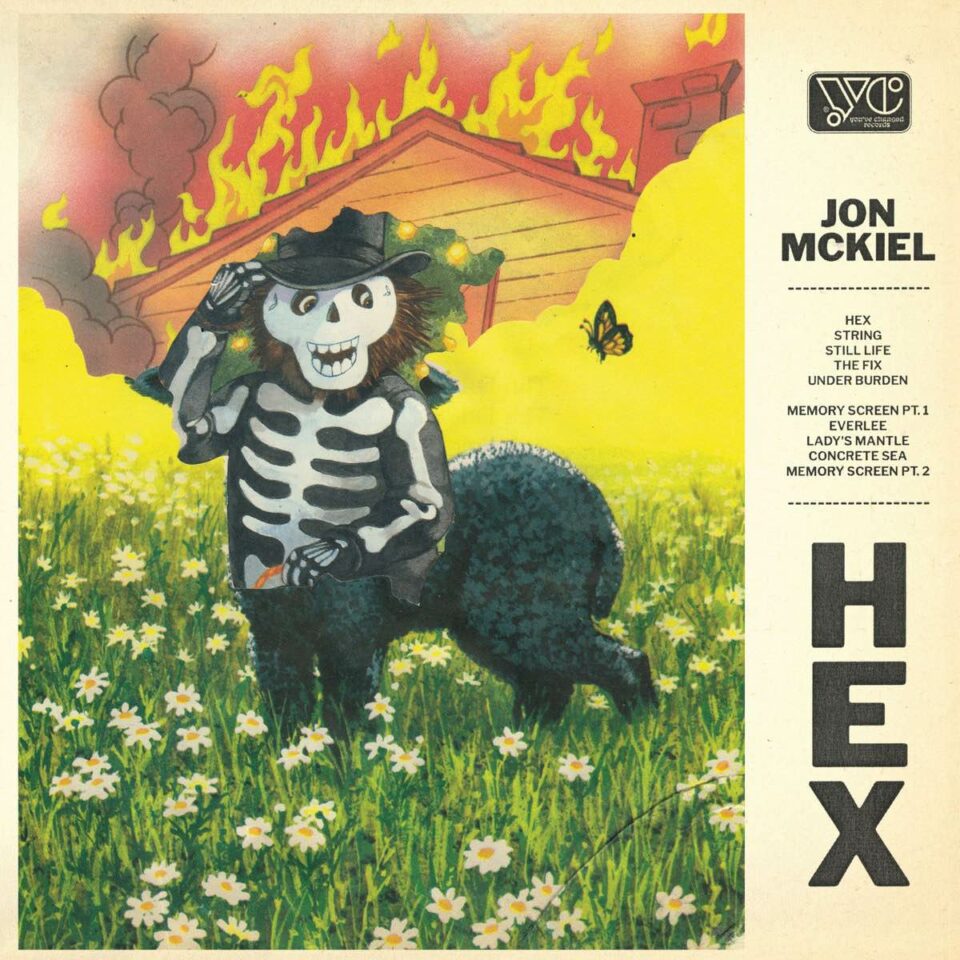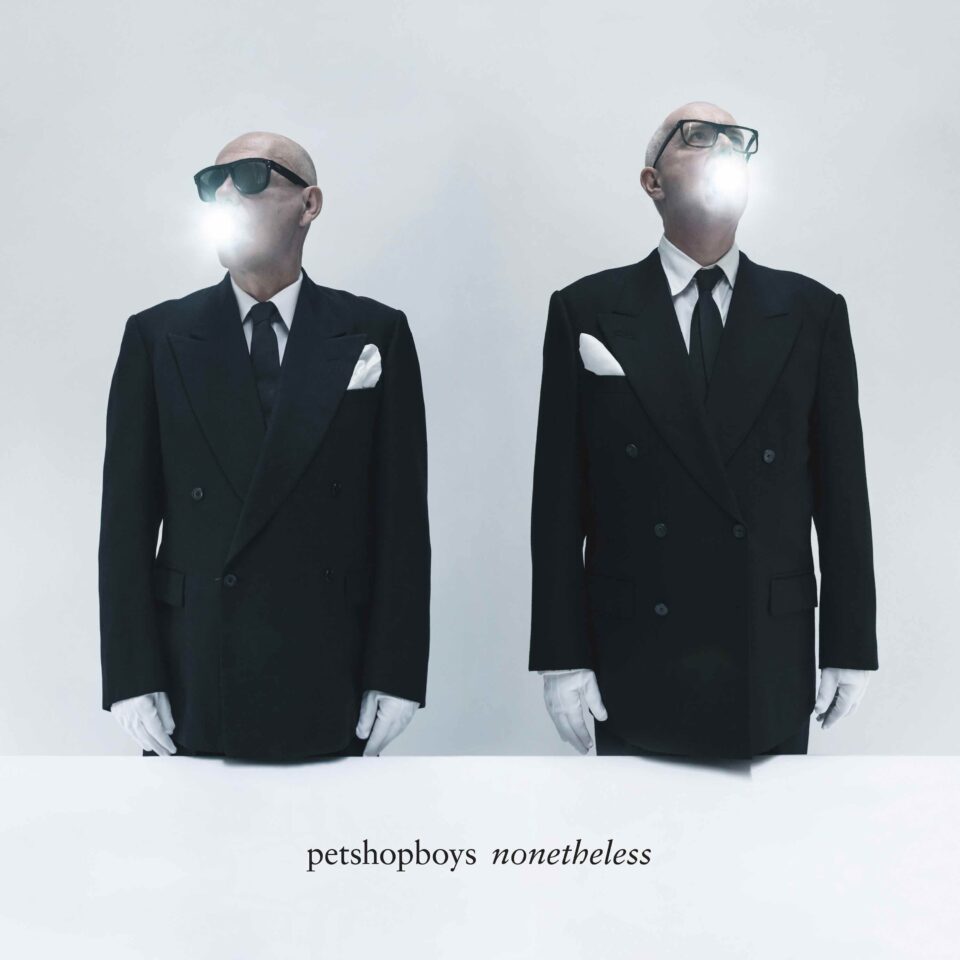Jack White
Fear of the Dawn
THIRD MAN
Did you ever have a friend who just wasn’t funny, but thought they were? Where they consistently and insistently tried to show off a sense of humor, but everything fell flat? Save for a few stolen moments, that’s the recent vibe I get from Jack White: to paraphrase The Smiths, the joke that isn't funny anymore, and probably wasn’t ever, but we let it slip because, you know, he’s indie rock’s best friend: the guy who became vinyl’s savior with his pressing plant and helped build up the muscle of alterna-blues with The White Stripes.
For instance: to introduce Fear of the Dawn, the first of two planned solo albums in 2022, White has decided to do so in the goofiest ways imaginable: the Devo-plastic blue hair, the sudden engagement and subsequent marriage, the first-day riffs at the Detroit Tigers’ home opener—all publicity moves that feel so Jack White. Funny thing is, those stunts have come to define his music, from his guitar playing—which is heavier-handed and clunkier with each record (he’s not a great skronker)—to his songwriting, to his Sun Records/Robert Plant screech.
Starting off with the FX-driven metal harangue of “Taking Me Back,” with its propulsive noise and pleading-stalker lyrics (“Are you taking me back?”), White could be preparing us for a blackly comic Taxi Driver moment. He keeps the sound effects up and pursues the neo-funk of 2018's Boarding House Reach with the doo-wop-laden “Into the Twilight” (based on samples from the contemporary vocalese quartet The Manhattan Transfer) and the Cab Calloway interpolation “Hi-De-Ho.” These tracks trade real soul for nuanceless bombast, then go on to waste the time and energy of two giants of the written word: Q-Tip from A Tribe Called Quest and a different type of beat legend, William S. Burroughs.
Even to someone who’s loved White’s straightforward work as a Raconteur and his most cutting, incisive White Stripes songwriting (to which he comes close to approximating on “Morning, Noon and Night” on Fear), much of White’s solo career seems based on the ideas of a man who’s lost without equity and union (it doesn’t help that most of Fear was self-recorded). How else can you explain away the dub-reggae/riff-heavy experiment of “Eosophobia” and the slow, manic emotionalism of “Shedding My Velvet”? Or the worst impulses of ’90s nu-metal crammed into “What’s the Trick?” and “The White Raven”? Fear of the Dawn isn’t funny, again, in that history of not being funny. You knew that, and I knew that. Now it’s time for Jack White to learn that.









